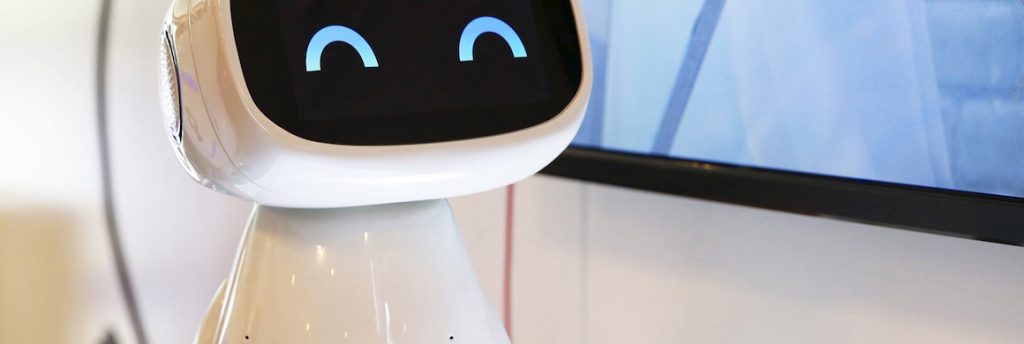Coursera co-founder, Baidu Research chief scientist and Stanford Graduate School of Business lecturer Andrew Ng recently spoke at the the school’s MSx series about the socioeconomic impact artificial intelligence is slated to have in the coming decades.
Ng believes the transformation AI has had and will continue to have on civilization is akin to the impact electricity had on “transportation, manufacturing, agriculture and health care” 100 years ago. Ng points to an IDC statistic that predicts the market share for A.I. could climb to $47 billion by 2020.
AI is already deeply embedded in contemporary life, with systems metabolizing large data sets to predict user needs in everything from web searches, bank notifications and advertising to Netflix recommendations, Siri queries and pizza deliveries.
Despite the ubiquity of AI, there are three major issues that stand in the path of progress.
The first relates to a scarcity of data. Ng explains that data–the fuel that keeps the algorithms humming–isn’t as accessible as it needs to be in order for “AI to be meaningful.” Ng says data rather than revenue is often the driving force behind product launches for many companies.
The second issue relates to a scarcity of talent. “AI needs to be customized for your business context. You can’t just download an open-source package and apply it to your problem.”
The third and perhaps touchiest issue is about socioeconomic impact. Ng explains that sci-fi “Evil AI” narratives, like the possibility of Skynet becoming self-aware, are used to whitewash the reality that automated machines will likely absorb many if not most working class jobs in the not-too-distant future.
To combat what will no doubt be widespread social chaos, Ng suggests we rethinks our educational system, much like the way we did when agricultural automation was introduced. Ng thinks the government should give “people a safety net, but pay the unemployed to study, to provide the structure to help the unemployed study, so as to increase the odds of gaining skills needed to re-enter the workforce.”
You can watch Ng’s entire lecture here.
